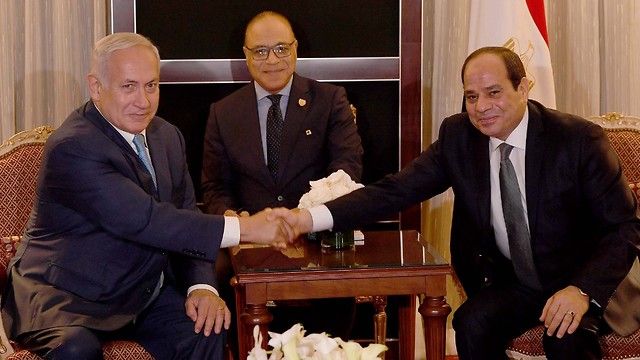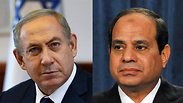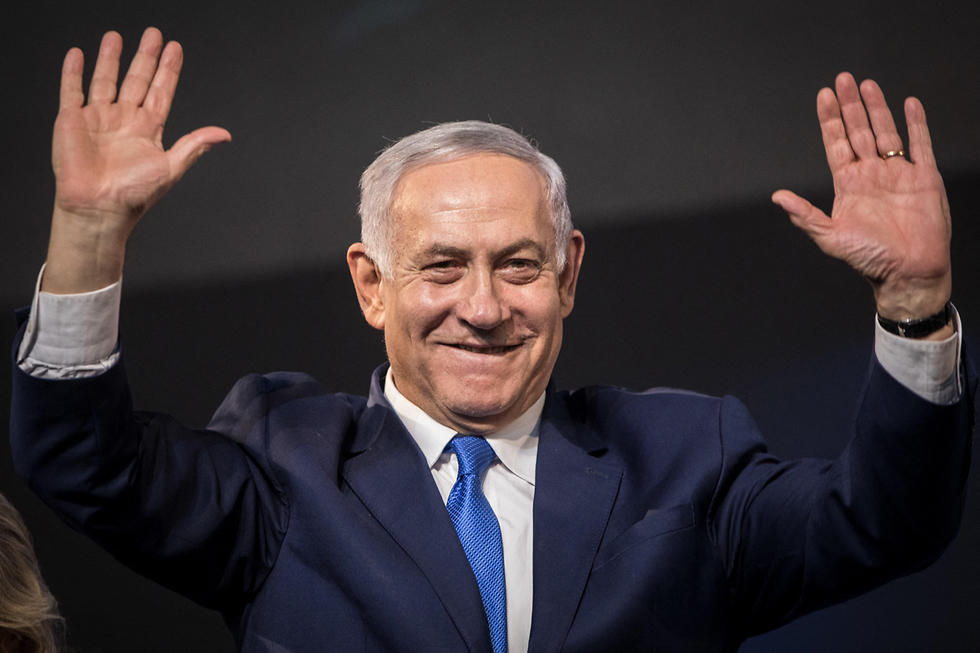The re-election of Benjamin Netanyahu as prime minister was a foregone conclusion shared by all at a seminar dedicated to the Israeli elections, held last week, in Jordan's leading university in Amman. Israeli society, participants agreed, is fractured but "only Netanyahu is king."
My friends in the Arab world were intrigued by the elections and the democratic process, but the Blue and White Party was seen by them as a nuisance rather than a political option. Its leader, former military chief and challenger Benny Gantz barely registered.

Egyptian President Abdel Fattah el-Sisi, who describes his relations with Netanyahu as very good, was at the White House while Israelis went to the polls. Democrats and human rights organizations condemn Sisi for his hard-handed treatment of regime opponents, but Donald Trump says he is a "great guy" who was there to hear about Egypt's role in the so-called "deal of the century" for Middle East peace.
Trump assigned his Egyptian counterpart the role of uniting moderate Arab states in advance of the roll-out of his peace plan. On the Iranian issue, however, the two leaders did not agree. Egypt cannot afford to wage war on Iran but the outcome of the Israeli elections did not seem to trouble Sisi one bit.
In Lebanon, Netanyahu's win was described as the victory of the extreme right over the soft-right, while both ignore the Palestinian conflict all together.
Saudi Arabia and the Gulf states, however, followed the Israeli elections with trepidation. They maintain relations with Israel and its leader, but choose to keep them low key.
Most telling, unlike earlier elections, Arab leaders did not try to meddle in the Israeli Arab vote. They view the local Arab society as having lost interest in their leadership, which they perceive as disconnected from issues relevant to their own sector.



















